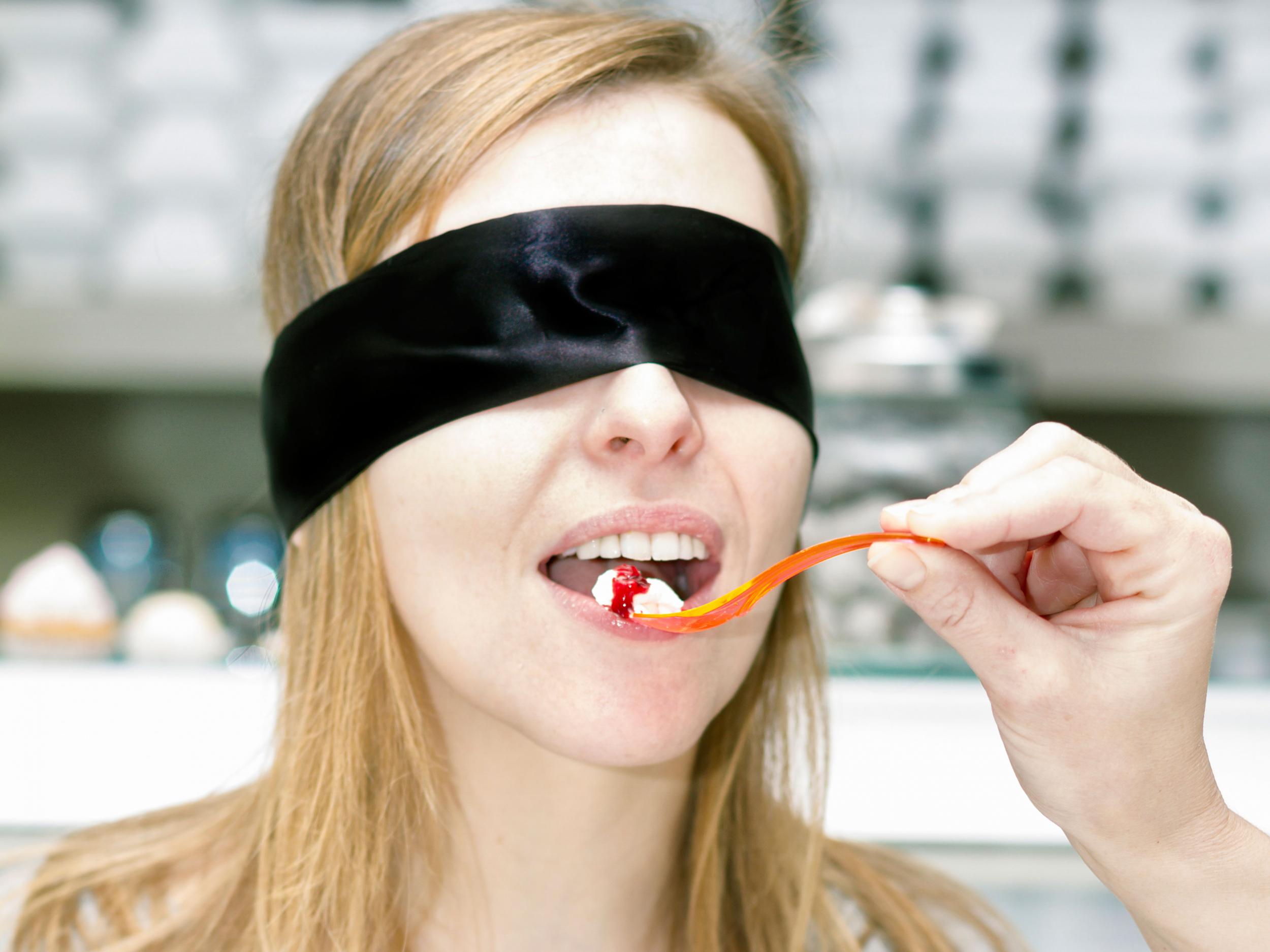Eating in the dark 'can help weight loss'
Dining in the dark prevents the 'cephalic' stage of digestion causing salivation and the release of gastric juices

Your support helps us to tell the story
From reproductive rights to climate change to Big Tech, The Independent is on the ground when the story is developing. Whether it's investigating the financials of Elon Musk's pro-Trump PAC or producing our latest documentary, 'The A Word', which shines a light on the American women fighting for reproductive rights, we know how important it is to parse out the facts from the messaging.
At such a critical moment in US history, we need reporters on the ground. Your donation allows us to keep sending journalists to speak to both sides of the story.
The Independent is trusted by Americans across the entire political spectrum. And unlike many other quality news outlets, we choose not to lock Americans out of our reporting and analysis with paywalls. We believe quality journalism should be available to everyone, paid for by those who can afford it.
Your support makes all the difference.Eating in the dark by turning off the lights or wearing a blindfold could help you lose weight, scientists have said.
Dining in the dark appears to work by preventing the "cephalic" stage of digestion, which causes salivation and the release of gastric juices when food is seen, making food literally harder to consume, the Telegraph reports.
A study by the University of Konstanz in Germany blindfolded 50 people with modified ski goggles, while another 40 participants were given no blindfold.
All participants, who were not allowed to eat within two hours of the experiment, were invited to tuck in to three 95g bowls of bowls of cherry, caramel and vanilla ice cream for 15 minutes.
The bowls were then taken away allowing researchers to measure the remaining ice-cream and question participants about how much they thought they had eaten.
Researchers found that, on average, the group able to see their food ate 116g each, while the blindfolded group ate significantly less, at around 105g each.
The blindfolded group also hugely overestimated how much they had eaten, with the blindfolded eaters believing they had consumed 197g of ice cream each on average, compared to 159g for those with no blind fold.
Scientists believe that not being able to see food on the table allows the body to realise it is full in real-time rather than remembering past experiences when one may have only been satisfied after eating a whole plate of food.
Lead author Dr Britta Renner said: “Visual deprivation caused a pronounced dissociation between actual and perceived intake.
“This may provide an unobtrusive and naturalistic means to change the experience of eating behaviour.
“These results might indicate that vision deprivation increases perceived intake because the estimation of the satiating potential of foods depends more on ‘real-time’ experience than on prior expectations.”
Join our commenting forum
Join thought-provoking conversations, follow other Independent readers and see their replies
Comments